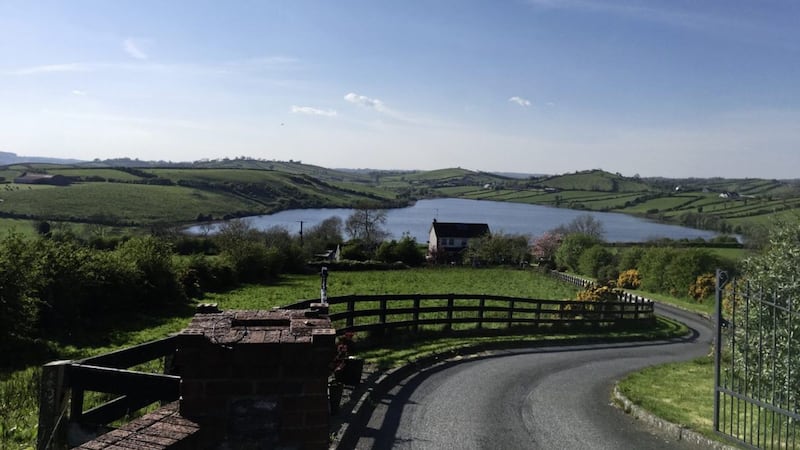The British are a right shower. That appears to be a reasonable summary of Anglo-Irish relations as viewed from Dublin these days.
You will notice that it differs somewhat from Ireland's previous foreign policy which, until recently, suggested that it was a case of our friends, the Brits. (Sure didn't Her Majesty come here herself and say something in Irish?)
Last week's patriotism has become this week's treachery. As someone should have said, a week is a long time in patriotism.
So how did it come to this, what will happen next and is there any way of not having a post-Brexit border?
It all began when the UK decided to leave the EU. (It actually began about 800 years earlier, but it would take too long to explain.) From 1973, Irish and British entry into what later became the EU meant that Ireland's internal economic border gradually disappeared, as part of the drive towards a single European state.
But the political border never went away. Instead it became enshrined in the Good Friday Agreement when, for the first time, Irish nationalists, led by the IRA, accepted the legitimacy of Britain's role in Ireland. (That's why the Queen came.)
Everyone was happy with the border, especially northern politicians, who could not have mounted an election campaign without it.
But following their vote to leave the EU, the British moved from being Ireland's friends to just its neighbours.
When they opted for a hard Brexit, they became the descendants of Cromwell and now that they will not discuss the border until trade talks are completed, they have become the Saxon foe, as despised in many an Irish ballad.
While the impact of Brexit to Irish trade is significant, cynics might suggest that there is nothing like a threat to business to stir up a bit of patriotic fervour.
The great and the good in Dublin, many of whom could not find the border, are now experts on it and agree that the cursed British are to blame for all that ails us.
True to form, the British elevated insulting the Irish to a new level, as evidenced by The Sun telling An Taoiseach to shut his gob. ("An Taoiseach" translates into English as "the leader" and into Ulster-Scots as "the Indian".)
In reply, the Irish have done what they always did. They asked for a French fleet (and a German one) to sail to our rescue.
So what will happen now? It is hard to see how there will not be a post-Brexit border, which will adversely impact on the all-island economy to some extent.
Ireland has two avenues of approach to curtailing economic partition, neither of which it will take, because both represent political heresy. The first is to re-visit the Good Friday Agreement and challenge the acceptance of the political border. Its existence significantly weakens the case for Irish economic unity, by granting Britain the legal and moral authority to determine what is best for the north.
The second avenue is for Ireland to consider leaving the EU, while remaining in the customs union. That would lay the foundation for a very soft border indeed, by creating special economic status for all of Ireland.
But that too is heresy, because Irish nationalism perversely argues that union with Britain is bad, but union with 26 other (including some very dodgy) governments is good.
But then heresy is a bit like patriotism - its fashions come and go. This column's pre-Brexit proposal that Britain should leave the EU and remain in the customs union was pretty heretical at the time. Now it is mainstream thinking in Ireland.
In the absence of those two options, there is little the Irish can do, because the British can walk off without making a deal. The north has no voice, because Stormont is currently dead (following a long illness) and Sinn Féin's seven MPs refuse to vote Theresa May out of office.
Ah but, you say, the British will find it difficult to resist the Irish demand for a border on the Irish Sea coast. No, it will not.
All Britain has to do is prompt its friends in loyalist paramilitaries to make the right noises and, "in the interests of peace" Ireland will be forced to abandon its case. For a nation so apparently obsessed with history, the Irish have learned little from it
So that just leaves the Dublin government writing a poetic lament, while waiting for the French fleet to arrive. That tactic never worked in facing up to Britain before, but maybe it will work this time. Or maybe not.









